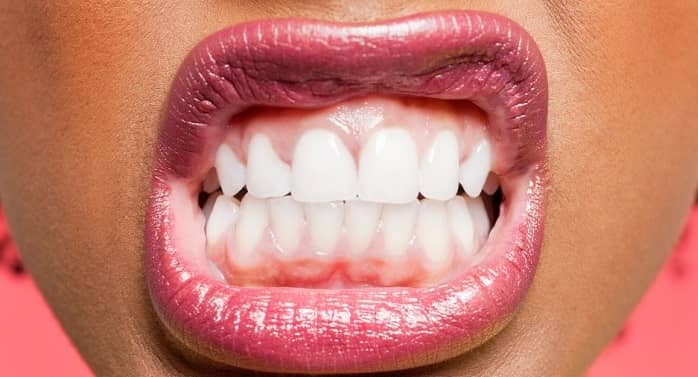Gum Swelling: Causes, Treatment Options, and Prevention

Gum bleeding after brushing teeth or eating hard foods can indicate a serious gum problem. Poor oral habits can lead to gum swelling, which can occur due to plaque or tartar buildup on your gum line. Your dentist can treat New York gum swelling after identifying the cause. If left untreated, gum swelling can lead to gingivitis and tooth loss because of receding gums.
Causes and symptoms of gum swelling
Gum swelling can occur due to various reasons, including stuck substances like food between your teeth and gums. Your gums might swell because there should be no substances between your teeth and gums, and the swelling signals the removal of such.
Gum swelling can also indicate the onset of gum disease. It can appear as a symptom of unhealthy gums caused by a bacterial infection. Certain prescription or over-the-counter medications can lead to gum swelling as a side effect.
Symptoms that might accompany gum swelling include loose teeth, bad breath, tooth pain, bleeding, and pus around the affected teeth. When you have such symptoms, visit your dentist for an examination.
Treatment options
Your specialist will provide treatment depending on the cause of your gum swelling. Severe dental infection or decay can warrant a root canal treatment, but if your gum is swollen because of a problem within your gums, you should see a periodontist.
How can you prevent gum swelling?
To prevent gum swelling, you need to clean and take proper care of your teeth and gums. Additionally, a reliable professional can examine your mouth occasionally. The following are tips you can use to prevent your gums from swelling.
Dental hygiene
Brushing your teeth twice daily and flossing at least once daily can help maintain healthy teeth and gums. If you have any dental work done like bridges or implants, clean those areas well to remove any stuck food particles to prevent infections. Use fluoride toothpaste to strengthen your teeth and antibacterial mouthwash to kill germs and freshen your breath.
Regular dental checkups
Regular dental checkups can identify and detect the onset of dental infections. When your dentist examines your mouth, they check for cavities and gum disease, which might start as bad breath. After a thorough examination, your specialist can identify the problem and begin treatment.
You can also consider occasional professional teeth cleaning to remove plaque buildup and prevent dental infections. Additionally, professional teeth cleaning can strengthen your teeth for a long time.
Eat a healthy balanced diet
Gum inflammation and bleeding can occur due to malnutrition, especially lacking vitamin C and other minerals like calcium. A balanced diet should provide your body with plenty of nutrients and vitamins, a reason to cut back on processed foods that lack nutrients. Include milk, eggs, and plenty of fruits and vegetables.
If you have red, painful, swollen gums, visit Compassionate Endodontists for treatment. The highly qualified dental team at the center will evaluate your gums comprehensively before administering treatment. Call or schedule your appointment online today to improve your dental health.
